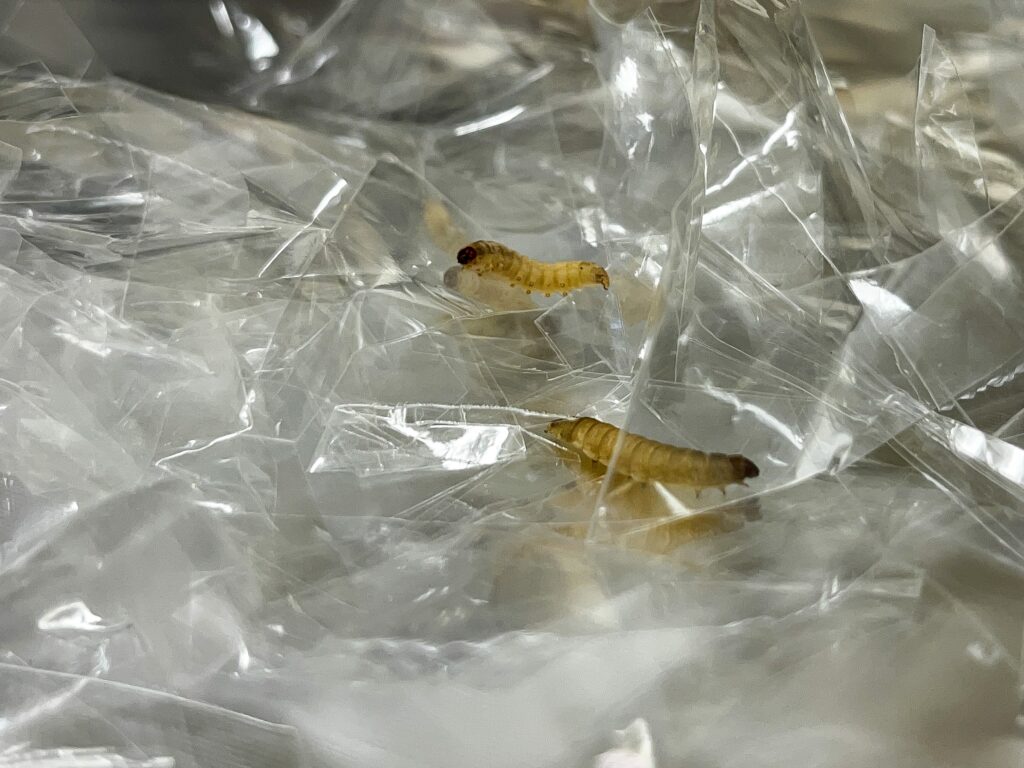Plastic-munching microbiomes for biorecycling
The challenge
Plastics are highly customisable and durable materials, which leads to both their extensive applications and their enormous contribution to landfill sites. In 2018, the estimated mass of waste plastics produced in Australia alone was 3.41 million tonnes: only 4 per cent of this was recycled, while 65 per cent went to landfill (Schandl et al. 2020).
The vast chemical diversity of plastic waste and resistance to degradation are major factors contributing to the very low rates of plastic recycling when compared to other materials such as paper or glass. 
Our response
For this project, we’re aiming to apply environmental microbial communities for bio-recycling solutions to the challenges associated with plastic recycling.
Microbial communities can contain hundreds of thousands of species and genetic strategies, so could potentially overcome the chemical diversity hurdles faced in biodegrading mixed plastic waste and its associated contaminants (e.g. plasticisers and dyes).
Initially, we’ll explore the genetic potential of microbial communities taken from environments such as municipal waste landfills and plastic-polluted urban streams. We’ll then attempt to train and modify these microbial communities.
Impact
The aim of this research is to have the efficiency needed for industrial-scale application to plastic waste. It will also help transition to a circular economy model.

